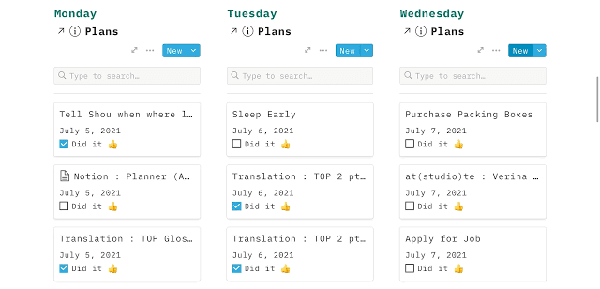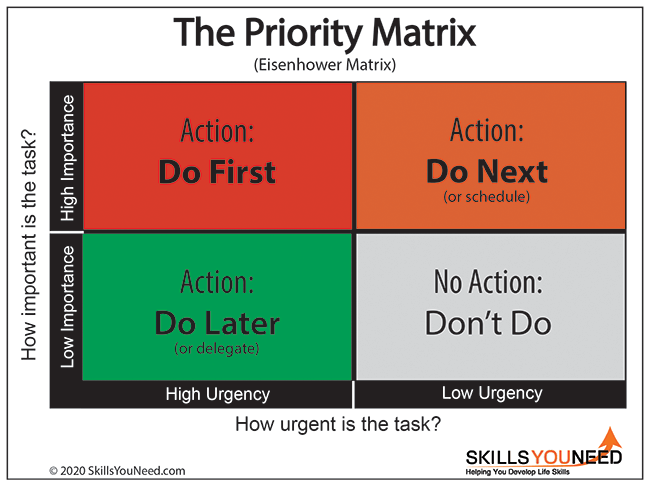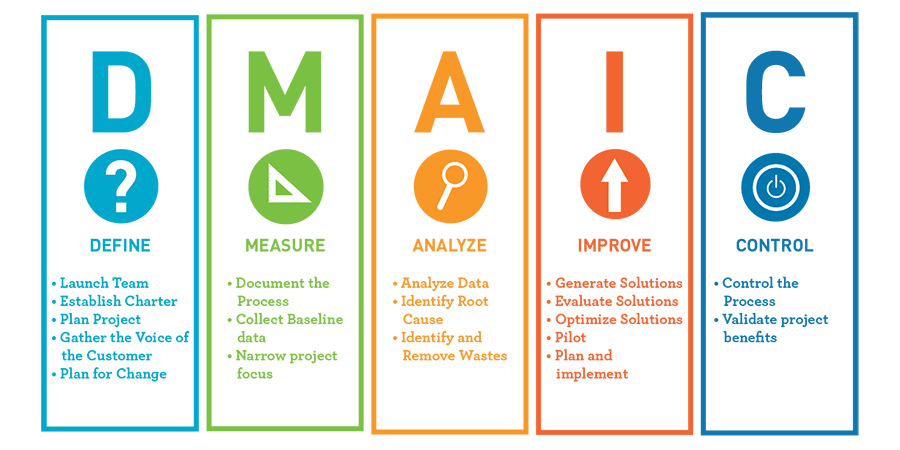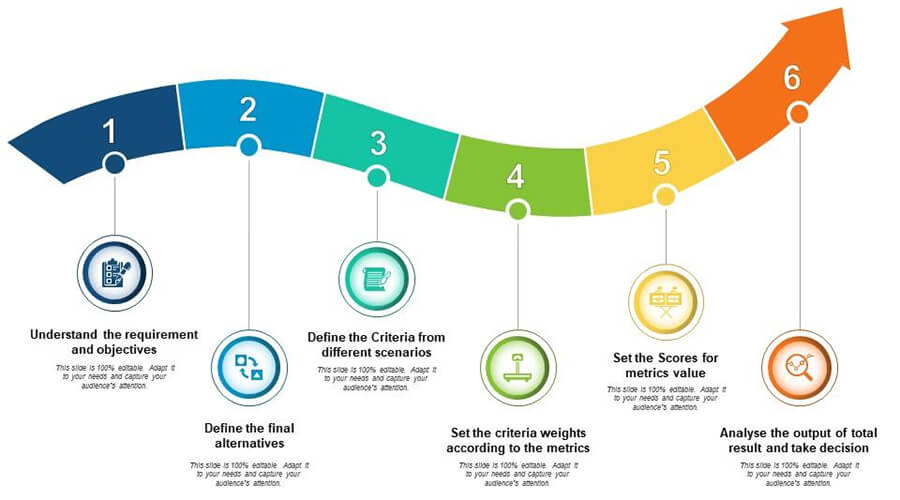4 Key Skills Project Coordinators
Should Have to Support the Project Team
See also: Project Management Skills
Ideally, every project manager needs at least a project coordinator to monitor project progress, manage schedules, execute administrative tasks, and ensure that the project runs well.
However, this is often not the case today.
There are over 877,205 project managers in the US. Unfortunately, there are only 135,000 project coordinators. This unbalanced ratio is the reality of the global project management ecosystem.
Looking on the bright side, however, this shows you that there are many opportunities for professionals in the project coordination field. If you’re convinced this is an opportunity for you, then you must also be interested in the soft skills you will need for this job.
So, let’s dive into some project coordinators skills you should focus on honing.
1. Communication Skills
A project coordinator coordinates cross-functional teams to ensure efficient delivery. This feat is impossible without superior communication skills.
You need good communication skills to discuss problems and share improvement ideas with the key stakeholders. Remember, you also have to create reports and make presentations. The success of this depends heavily on how well you can communicate.
Generally, there are four communication skills to nurture as a project coordinator:
Verbal communication skills: you must be able to speak clearly in the language the key stakeholders understand.
Visual communication skills: this is necessary for your presentation skills. You must be able to communicate updates, problems, or developers via charts, graphs, and other presentation materials.
-
Written communication skills: you need excellent writing skills to write progress reports and project documentation to keep the project manager in sync.
Nonverbal communication skills: your body language and facial expressions shouldn’t communicate pessimism or hostility.
Now, how can you improve your communication skills?
Active listening. Pay attention to what the speaker is saying. To show that you understand them, ask follow-up questions or give a brief recap of what they just said.
Foster understanding by communicating with positive attitudes. These attitudes include smiling, offering praise, etc.
Communicate with confidence. This shows you know what you’re saying. And accordingly, people will be more inclined to listen.
Be willing to accept and work on constructive feedback and criticisms.
Be empathetic and understand people's emotions when they are speaking. For instance, if your project manager is expressing frustration, being empathetic can help you understand and diffuse this emotion.
As you apply these tips, be conscious of your demeanor and attitude to ensure you're communicating the right cues.
2. Time Management
Time management is one of the most crucial project coordinators skills.
As a project coordinator, most of your tasks are based on project deadlines. As such, you have a lot of tasks to accomplish within a particular time frame.
How fast you can achieve these tasks and meet the predefined deadlines depends on how well you manage your time.
So, how can you complete a project on time?
Learn to plan ahead. Understanding what you want to achieve within a particular period helps you manage time effectively. For effective project planning, you'd need good organization skills, which we'll cover later.
-
Accustom yourself to short, tight deadlines. This creates a sense of urgency in your workflow. According to Parkinson's law, work expands to fill time so, if you set longer deadlines, you’ll waste more than the standard time to complete tasks.
Learn to say no. Sometimes you’ll have to say no to the project manager or functional leads. While this may be intimidating, there are ways to do it politely. You need to provide a tangible reason for the “no.” Plus, present them with alternatives that suit your time management intention. If need be, ask if they can postpone specific tasks.
Eliminate blockers and focus your time on what’s important.
With these tips, you can shun the time wasters from your workflow and complete tasks faster.
3. Organizational Skills
A project coordinator has to deal with a wide variety of tasks at the same time. These include information flow management, administrative duties, project schedule, project plans, supervision of project activities, etc.
You definitely need superior organizational skills to guarantee efficiency on all fronts. Without organizational skills, you’ll always find yourself lost between deadlines and making several costly mistakes.
Fortunately, this skill is not so difficult to hone. Start by creating a to-do list of daily tasks you need to get done. This list must be time-bound, so include deadlines as shown below.

Alternatively, you can invest in progress tracking software like Tara, which is what I’m using. I recommend using tools like this over traditional To-Do lists. The software will streamline your workflows, allowing you to stay organized while ensuring deadlines are met and within the set project budget.
Plus, these tools can help you with coordinating the entire team. They’ll give you lots of insights to support data-informed decisions during project planning.
You can also use Eisenhower's priority matrix to set priorities, as shown below. Place urgent and important tasks at the top of your to-do list and the least urgent and important at the bottom.

Always plan ahead. You become disorganized if you approach tasks without a plan. So, get familiar with planning tools to make your tasks effortless. For example, you can use a work breakdown structure. Meanwhile, if you’re coordinating a software engineering project, you may want to use a sprint planning template.
4. Problem-Solving
A project lifecycle is not always smooth sailing. Bottlenecks may arise, and scope creeps can find their way in. Now, another one of the vital project coordinators skills is the ability to;
Analyze the details of these problems
Weigh the ups and downs
And offer the most applicable solution.
With superior problem-solving skills, you can approach solving every problem in a structured manner and record positive outputs every time.
As a problem solver, you must be able to research and drill down to the root of the problems. Then proffer solutions to them. To do this, you can use the DMAIC problem-solving model, as explained below.

Also, sometimes, you can have more than one solution to the problem. In this case, you have to pick the best one. And a simple trade-off analysis makes this easy for you.
Here is a summary of what the analysis is like.

You must also find ways to ensure that such a problem doesn't arise in the future. This cements your problem-solving prowess.
Lastly, you can’t ignore the role of experience and instincts in problem-solving. There’s so much you can learn about solving problems online and through books. You’ll have to get your hands dirty at some point. And as you find yourself solving more problems, your problem-solving skills and instincts will get sharper.
Further Reading from Skills You Need
The Skills You Need Guide to Leadership eBooks
Learn more about the skills you need to be an effective leader.
Our eBooks are ideal for new and experienced leaders and are full of easy-to-follow practical information to help you to develop your leadership skills.
In Closing
At least one project coordinator is necessary for every project management team. They are the lifeblood, ensuring every project is initiated and executed with high precision.
However, the manager-coordinator ratio for most project teams is shockingly low. Therefore, to balance this ratio, there is ample employment opportunity in the project coordinator position.
If you want to secure a project coordinator job, be sure to equip yourself with the right project coordinators skills. So, hone your communication skills, learn to manage your time efficiently, organize your workflows, and nurture your problem-solving skills.

About the Author
Nico is the founder of Crunch Marketing. The company works with enterprise SaaS clients, helping them scale lead generation globally across EMEA, APAC, and other regions.


